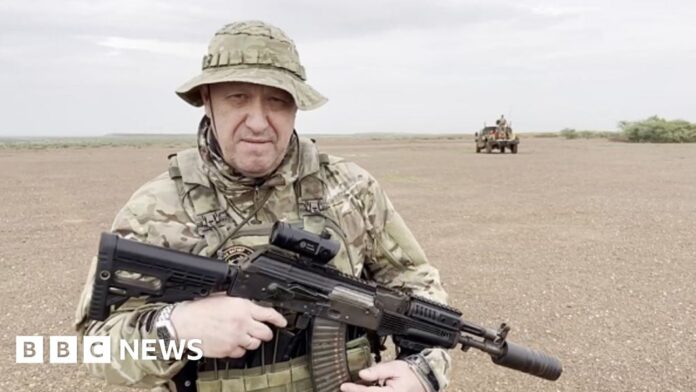When Yevgeny Prigozhin and his Wagner troops launched their insurrection two months ago, Vladimir Putin made his feelings more than clear. He called it “treachery” and a “stab in the back” of Russia. He promised that the perpetrators would be punished.
So there was incredulity in Russia when they were not. When a deal was cut between Mr Prigozhin and the Kremlin to end the mutiny; when all the charges against the Wagner founder and his fighters were dropped, despite the fact that Russian servicemen had been killed during the murky but brief insurrection.
It made President Putin look weak.
Commenting on the agreed compromise (ending the mutiny in exchange for immunity from prosecution) one Russian newspaper commented: “This kind of compromise is normally made with political opponents. Never with criminals and terrorists. Does that mean we should view Mr Prigozhin now as a political figure?”
Suddenly things look rather different.


